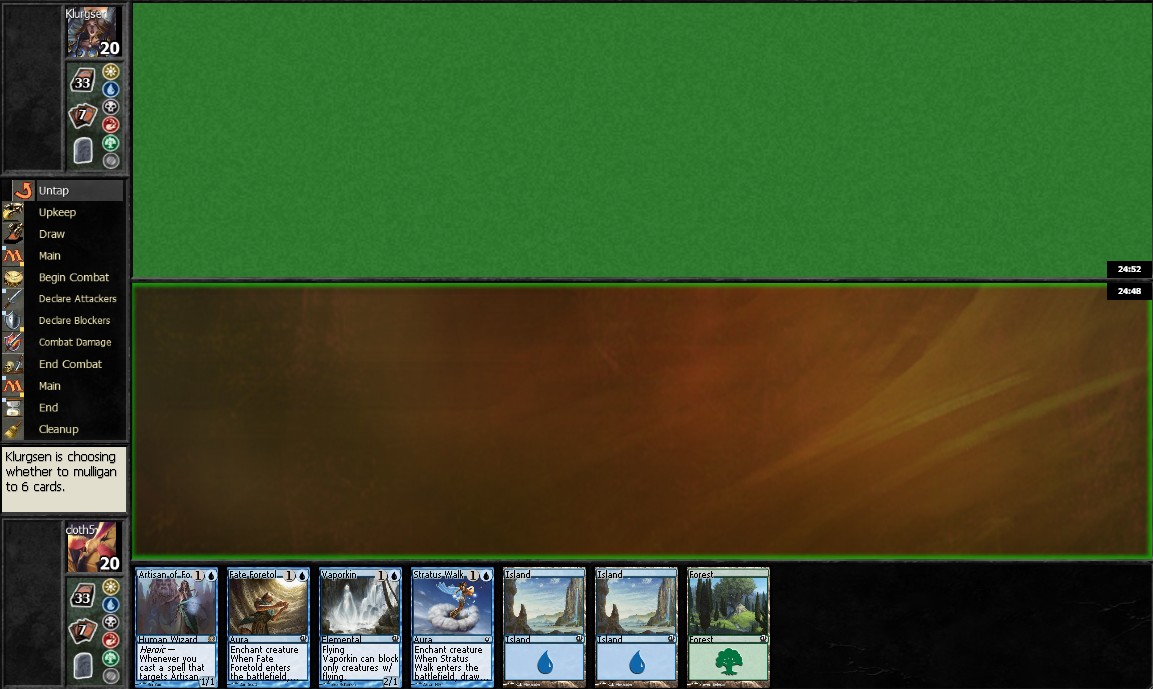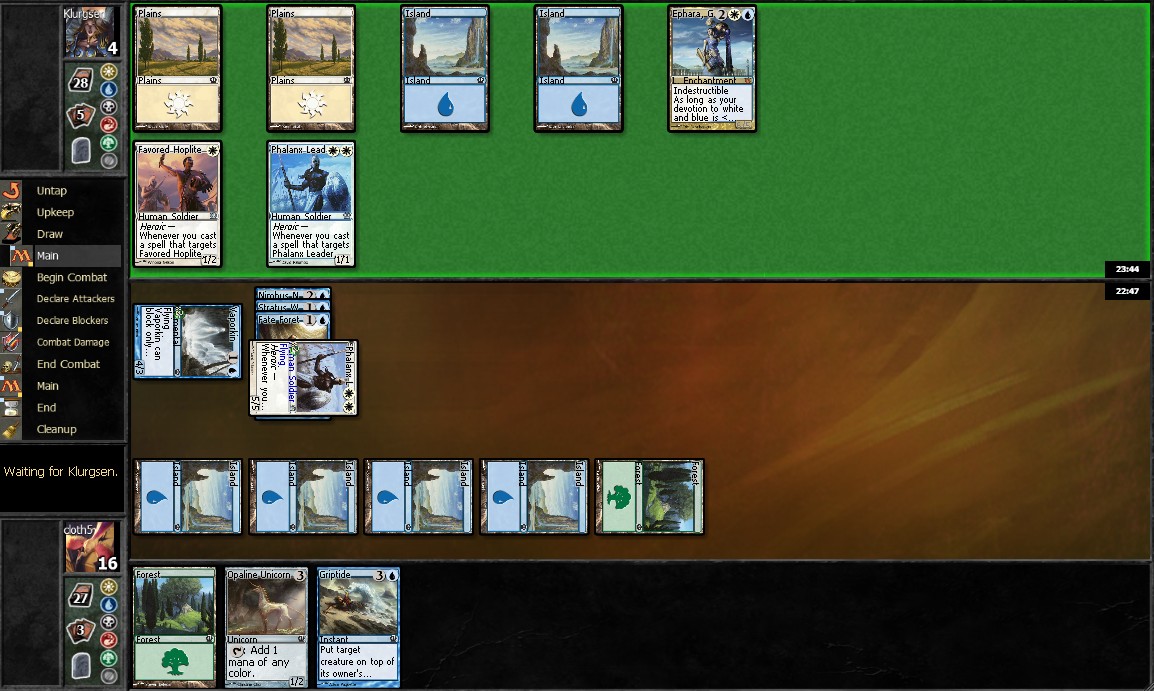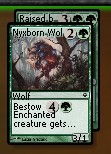Most of the time, the first step to becoming good at something is being really, really bad at something. Depending on your hobby of choice, this can tedious (learning guitar chords), expensive (cooking, or drug addiction), time-consuming (exotic bonsai trees), or all of the above (Magic). It would be cosmically funny if I never improved at Magic. But even someone like me can pick up a few tricks after playing constantly for half a year.
I chose to write about this topic because I just signed up for my first real Magic event: Grand Prix Philadelphia. Coming from someone that rarely attends FNMs and just slams a few MTGO drafts a week while watching draft videos, this is a pretty big step. And coming from someone who, six months ago, thought that the rules governing “the stack” were optional and made all of his plays before combat step, this is a massive leap.
So it’s weird to think that I won’t be a scrub forever. And while I’ll always be infinitely worse than the other Hipsters and my friends, I’m slowly trudging up the S-curve of mastery and competence. Writing this column helps a lot. As much as I avoid introspection in my day to day life, reflecting on my silly plays and painful mistakes goes a long way toward helping me learn. When I first picked up WarCraft III, I kept a little composition book filled with strategies (make more workers) and after every game noted three things to improve on (stop losing workers). Ten year old Tony was already a far better student than I am today.
I figured out a good way to track my progress on MTGO—the more packs I win in drafts, the less money I have to spent. And lately I’ve been able to cruise to 2-1 finishes in Swiss, cashing me two packs and letting me play for about $5 a round, random money rares notwithstanding (I’m guaranteed to pick that [casthaven]Temple of Enlightenment[/casthaven], and sometimes run it anyways for the hell of it. I hear bluffing four-color decks gives you a distinct psychological advantage over your opponent).
GP Philly’s day one is Sealed Deck. I’m not so good at that format. But MTGO does offer a phantom Sealed event, which makes for some cost efficient practice. Again, my typical win ratio is 2-1—enough to pitch some Phantom Points toward my next events, but a couple dollars shy of actually “going infinite” and playing for free, which would my Magic pipe dream, right after making a Standard-legal [casthaven]Chromanticore[/casthaven] deck.
I lean toward tempo-based decks, GB and GU being my favorite color combos in the format. But usually, the plan is to play whatever bombs I open up. I think Born of the Gods has a lot less defensive cards than Theros, forcing you to adopt a strategy more dynamic than “good luck getting past my three [casthaven]Returned Phalanx[/casthaven] and by the way have you met [casthaven]Shipwreck Singer[/casthaven].” RW aggro is no longer as ambitious as it once was in mono-Theros, and probably even preferred in some instances.
In one of my best events, I went no-bombs GU.
I don’t really expect anything great from my tournament performances. Nothing short of divine intervention would give me a day two. But all the same, I’m excited and motivated to practice and hone my card-tapping abilities. Magic and I might have an occasionally adversarial relationship (and Magic and my wallet have already had a pretty bad falling out), but I love learning new, interesting systems, and this is one of the best.
If you’re going to be at GP Philly, come say hi! I’ll be the guy hanging out with the rest of Hipsters, probably moping after going 0-2 or something like that. I mean, what did you expect?
Tony is the Hipsters’ resident scrub. When he’s not making bad plays, he enjoys writing about them. Find him @holophr.





